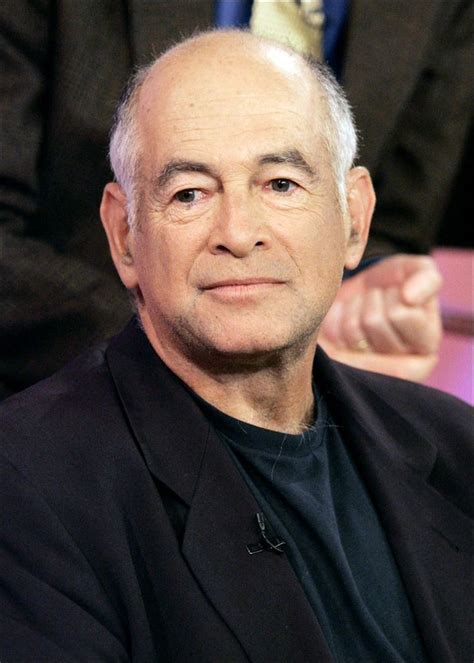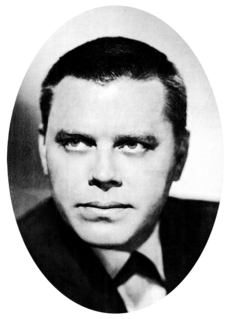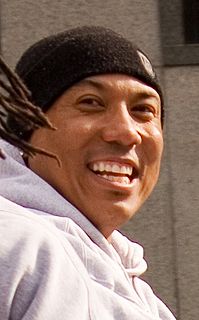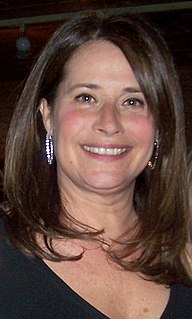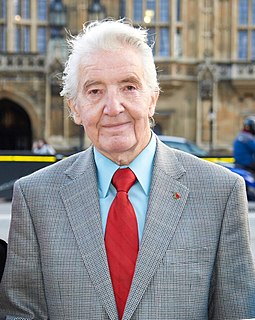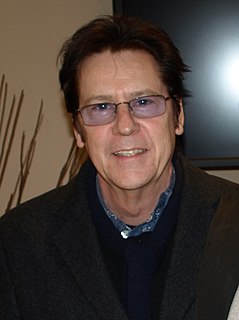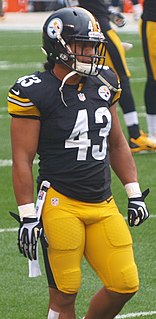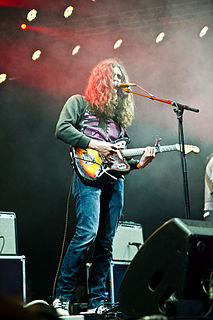A Quote by Barbara Ehrenreich
When I was born, my father was a copper miner in Butte, Montana. It was a hard-core, blue-collar situation.
Related Quotes
My father worked in the Post Office. A lot of double shifts. All his friends were in the same situation - truck drivers, taxi cab drivers, grocery clerks. Blue collar guys punching the clock and working long, hard hours. The thought that sustained them was the one at the center of the American dream.

